What treatment
10+ Highly Rated PRP Platelet Rich Plasma Cell Therapy Clinics in Thailand
Reach Out to These Certified PRP Platelet Rich Plasma Cell Therapy Clinics List in Thailand Loved by Patients!
Vega Stem Cell Clinic in Bangkok Thailand
Overview
Vega Clinic in Bangkok, Thailand, helps people feel better with special treatments. They use new ways to heal and make sure each person gets care made just for them.
Read more details
Beike Biotech
Overview
Beike Biotechnology offers the best stem cell therapy in Thailand, combining top-quality regenerative treatment with cutting-edge technology for optimal patient care.
Read more detailsBoston Health Longevity - Anti Aging Stem Cell Therapy in Thailand
Overview
Experience advanced Anti Aging Stem Cell Therapy in Thailand at Boston Health Longevity. Improve cellular health, vitality, and longevity with expert care.
Read more detailsMousai Wellness Center - Stem Cell Bangkok Thailand
Overview
Discover advanced Stem Cell treatments in Bangkok, Thailand at Mousai Wellness Center. Safe, innovative, and personalized care for lasting wellness.
Read more detailsDiscover your treatment options with a free, no-obligation quote!
Get your quote now!SCF Clinic - Stem Cell Bangkok Thailand
Overview
Experience advanced Stem Cell Bangkok Thailand at SCF Clinic. We offer CAR-T, NK Cell therapy, Exosomes, Multi-Cancer Early Detection & Anti-Aging programs.
Read more detailsStay Well Clinic & Physio
Overview
Discover advanced Stem Cell and NK Cell therapies at Stay Well Clinic & Physio in Phuket, Thailand. Experience cutting-edge treatments for optimal health.
Read more detailsSurecell Medical Clinic
Overview
Experience the Best Stem Cell Therapy in Pattaya, Thailand at Surecell Clinic. Transform your health with our state-of-the-art regenerative treatments.
Read more detailsThe Art Clinic
Overview
Experience top cosmetic surgery in Bangkok, Thailand at The Art Clinic. Achieve stunning results with our skilled surgeons and renowned facilities. Book now!
Read more detailsDiscover your treatment options with a free, no-obligation quote!
Get your quote now!WIH Hospital
Overview
Discover cutting-edge stem cell therapy at WIH Hospital in Bangkok. Expert care and advanced treatments for various conditions at our leading stem cell clinic.
Read more detailsHE Clinic for Men
Overview
HE Clinic is the first clinic only for men in Bangkok, Thailand. Our main treatments are Penile enhancement with HA Filler. Linera Shockwave for the treatment of Erectile dysfunction. HE-SHOT (p-shot) for Erectile dysfunction and enhanced performance. HE Turbo shot for Erectile dysfunction using localized stem cell injection. Treatment for low testosterone. FUE hair transplace. Facial filler an
Read more detailsWhich are the best PRP Platelet Rich Plasma Cell Therapy clinics in Thailand?
Thailand hosts several highly-rated PRP and Stem Cell Therapy clinics, particularly in Bangkok and Phuket. Top centers known for patient satisfaction and comprehensive services include Vega Stem Cell Clinic in Bangkok, Chirohealth Bangkok, Stay Well Clinic & Physio in Phuket, Surecell Medical Clinic in Pattaya, and The Art Clinic in Bangkok and Pattaya. These facilities offer advanced regenerative treatments with a focus on personalized care.
When evaluating the "best" clinics for PRP Platelet Rich Plasma Cell Therapy and Stem Cell Therapy in Thailand, patient feedback and comprehensive service offerings are key indicators. Based on available data, clinics such as Vega Stem Cell Clinic in Bangkok stand out with high patient recommendations, indicating a strong track record of positive experiences. Similarly, Chirohealth Bangkok has earned excellent patient satisfaction for its regenerative medicine programs. In Phuket, Stay Well Clinic & Physio is recognized for its cutting-edge treatments and patient-centric approach. Further south in Pattaya, Surecell Medical Clinic and The Art Clinic are also highly regarded for their specialized regenerative therapies. These centers are often chosen for their accredited practices, experienced medical teams, and dedication to delivering effective outcomes for patients seeking regenerative solutions.
What factors should I consider when selecting a PRP Platelet Rich Plasma Cell Therapy clinic in Thailand?
When choosing a PRP clinic in Thailand, prioritize facilities with official accreditation, experienced regenerative medicine specialists, and positive patient testimonials. Look for transparent safety protocols, modern technology, and comprehensive aftercare plans tailored to your specific needs. Ensuring the clinic has expertise in PRP and stem cell therapies for your condition is crucial for effective treatment.
Selecting the ideal PRP and stem cell therapy clinic in Thailand involves a thorough evaluation of several important factors. Firstly, check for national licensing and any international accreditations the clinic may hold, as these vouch for its adherence to stringent quality and safety standards. Secondly, assess the expertise of the medical team; look for practitioners with specialized training and extensive experience in regenerative procedures. Patient reviews and testimonials are invaluable for gauging real-world experiences and satisfaction levels. Additionally, inquire about the clinic's technology, specifically its cell processing methods and equipment, to ensure they utilize advanced techniques. A clear, personalized treatment plan, along with detailed pre-treatment instructions and post-care support, are hallmarks of a reputable facility. Lastly, confirm that the clinic openly discusses potential outcomes and sets realistic expectations for your specific condition.
Is PRP Platelet Rich Plasma Cell Therapy regulated in Thailand?
Yes, Platelet Rich Plasma (PRP) and Stem Cell therapies are regulated in Thailand by the Ministry of Public Health. The government has established specific guidelines and regulations to ensure the safety, quality, and ethical practice of these regenerative medicine procedures, providing a framework for accredited clinics to operate responsibly. This oversight helps protect patients and maintain high clinical standards.
Thailand's Ministry of Public Health plays a crucial role in regulating regenerative medicine treatments, including both PRP and stem cell therapies. The aim of these regulations is to safeguard public health by ensuring that all clinics offering these advanced procedures adhere to strict standards. This includes requirements for facility licensing, physician qualifications, ethical sourcing of biological materials, and standardized protocols for cell processing and administration. While the regulatory landscape for emerging therapies can evolve, patients can generally expect a structured and monitored environment in licensed Thai clinics. It is always recommended that prospective patients verify the current licensing status of their chosen clinic to ensure they are receiving care from a legally compliant and reputable provider.
What types of conditions can PRP and Stem Cell clinics in Thailand treat?
PRP and Stem Cell clinics in Thailand specialize in treating a broad spectrum of conditions, primarily encompassing musculoskeletal injuries like knee osteoarthritis and tendon issues, chronic pain management, and anti-aging applications. Many also offer therapies for certain neurological disorders, urological concerns, and investigational treatments for metabolic conditions, aiming to promote natural healing and tissue regeneration across various bodily systems.
Clinics in Thailand offering PRP and Stem Cell therapies focus on a wide array of medical conditions, capitalizing on the regenerative potential of these treatments. Common applications include:
- Orthopedic and Musculoskeletal Issues: This is a major area, covering knee osteoarthritis, degenerative disc disease, meniscus tears, tendonitis, rotator cuff injuries, and other joint and soft tissue damage.
- Pain Management: Chronic back pain, neck pain, neuropathic pain, and joint pain are frequently addressed.
- Anti-Aging and Aesthetic Medicine: PRP is popular for facial rejuvenation (e.g., "vampire facelifts"), hair restoration for thinning hair or hair loss, and general skin revitalization. Stem cells are also explored for overall vitality and anti-aging protocols.
- Neurological Conditions: Some specialized clinics offer investigational treatments for conditions such as Parkinson's disease, ataxia, and nerve regeneration post-injury or stroke.
- Men's Health: PRP and stem cell therapies are used for erectile dysfunction and certain penile enhancement procedures.
- Other Regenerative Applications: This can include therapies for specific autoimmune conditions, chronic kidney disease (investigational), and support for recovery from various injuries or diseases.
How can I verify the credentials of a PRP Platelet Rich Plasma Cell Therapy clinic in Thailand?
To ensure a PRP clinic in Thailand is credible, check for valid licensing from the Thai Ministry of Public Health first. Beyond this, look for international accreditations, review the qualifications of their medical professionals, and inquire about their specific protocols for cell processing and safety. Transparent communication about their practices and patient outcomes further confirms their reliability.
Verifying a clinic's credentials is a critical step in ensuring safe and high-quality PRP and stem cell therapy in Thailand. Here's how you can do it:
- Official Licensing: The first step is to confirm that the clinic is officially licensed by the Thai Ministry of Public Health. You can often find this information on the clinic's website or request it directly.
- International Accreditations: Many reputable clinics in Thailand seek international accreditations such as Joint Commission International (JCI). These accreditations signify that the facility meets rigorous global standards for patient safety and quality of care.
- Physician Qualifications: Investigate the medical background of the treating physicians. Look for board certifications, specialized training in regenerative medicine, and experience with PRP and stem cell procedures. Most reputable clinics will feature detailed bios of their medical staff.
- Laboratory Standards: For stem cell therapies, ask about the laboratory where cells are processed. Inquire about adherence to Good Manufacturing Practice (GMP) standards or similar quality control measures, and ask for a Certificate of Analysis for cell products.
- Transparency and Patient Communication: A trustworthy clinic will be open about its procedures, potential risks, and expected outcomes. They should provide clear informed consent documents and answer all your questions thoroughly.
- Patient Testimonials and Reviews: While not official accreditation, a consistent pattern of positive patient reviews and high recommendation rates from independent sources can offer valuable insights into a clinic's performance and patient care.
What kind of patient support services do PRP clinics in Thailand typically offer?
PRP clinics in Thailand often provide extensive patient support, especially for international visitors. This typically includes multilingual staff, dedicated patient coordinators, assistance with travel logistics like airport transfers and accommodation, and guidance on local amenities. Many clinics also offer personalized follow-up care and rehabilitation support to ensure a smooth and effective treatment journey.
Thai clinics specializing in PRP and stem cell therapies often excel in providing comprehensive support services, recognizing the unique needs of both local and international patients. These services are designed to make the patient's experience as comfortable and seamless as possible:
- Personalized Patient Coordinators: Many clinics assign a dedicated coordinator who assists with scheduling appointments, managing treatment plans, and facilitating communication between the patient and medical team.
- Multilingual Staff: To bridge communication gaps, clinics often employ English-speaking doctors, nurses, and administrative staff. Translation services for other languages are also commonly available.
- Travel and Accommodation Assistance: For international patients, clinics may offer help with airport pickups, arranging local transportation, and booking nearby hotels or serviced apartments suitable for their stay.
- Visa Guidance: Assistance and documentation for obtaining necessary medical visas are often provided.
- Pre- and Post-Treatment Education: Patients receive detailed instructions on how to prepare for their treatment and what to expect during the recovery phase, including wound care and activity restrictions.
- Follow-up Care: Clinics typically arrange for follow-up consultations, which can sometimes be done remotely via telemedicine, to monitor progress and address any concerns after the patient returns home.
- Rehabilitation Support: For musculoskeletal conditions, clinics often integrate or recommend physical therapy and rehabilitation programs to optimize healing and functional recovery.
What advanced technologies are utilized in PRP and Stem Cell clinics in Thailand?
PRP and Stem Cell clinics in Thailand leverage cutting-edge technologies to optimize regenerative outcomes. This includes state-of-the-art automated systems for precise cell isolation and concentration, advanced ultrasound or fluoroscopic guidance for accurate delivery, and sophisticated laboratory equipment for cell analysis and quality control. These technologies ensure high-purity, viable cells are administered for personalized and effective therapies.
Thai regenerative medicine clinics are increasingly adopting advanced technologies to enhance the efficacy and safety of PRP and stem cell therapies. These technological advancements contribute significantly to precise diagnostics, personalized treatment planning, and optimal delivery of cellular products:
- Automated Cell Processing Systems: These sophisticated devices ensure consistent, high-quality isolation and concentration of Platelet Rich Plasma or mesenchymal stem cells from the patient's own blood or tissue. This automation minimizes human error and maximizes cell viability.
- High-Resolution Imaging Guidance: For accurate and targeted delivery, interventional radiologists or specialists often use ultrasound or fluoroscopy to guide injections of PRP or stem cells directly into specific joints, tendons, ligaments, or spinal areas. This precision is vital for maximizing therapeutic effects.
- Flow Cytometry and Cell Characterization: Specialized laboratory equipment is used to analyze the harvested cells, ensuring their purity, viability, and specific characteristics (e.g., identifying mesenchymal stem cells based on surface markers). This quality control step is crucial for safety and efficacy.
- Cryopreservation Technologies: Advanced cryobanking facilities allow for the safe long-term storage of a patient's own stem cells, which can be beneficial for future treatments or multiple applications.
- Integrated Diagnostic Imaging: Access to modern MRI, CT scans, and other diagnostic tools enables physicians to accurately assess the extent of damage and monitor treatment progress.
- Exosome Therapy: Some progressive clinics are also exploring exosome-based therapies, which utilize tiny vesicles secreted by stem cells, rich in regenerative factors, as a cell-free therapeutic option.
How should I prepare for a PRP Platelet Rich Plasma Cell Therapy at a Thai clinic?
To prepare for PRP therapy in Thailand, you should typically avoid anti-inflammatory medications (NSAIDs) for 1-2 weeks beforehand, and refrain from alcohol and smoking. It's also important to stay well-hydrated, maintain a healthy diet, and provide your complete medical history to the clinic for a personalized assessment. Follow all specific instructions from your treating physician for optimal results.
Proper preparation for your PRP Platelet Rich Plasma Cell Therapy at a Thai clinic is essential for maximizing the treatment's effectiveness and ensuring your safety. Your clinic will provide detailed, personalized instructions, but here are some general guidelines:
- Medication Adjustments: You'll likely need to stop taking non-steroidal anti-inflammatory drugs (NSAIDs) such as ibuprofen, naproxen, or aspirin for at least one to two weeks before your procedure, as these can interfere with platelet function. Discuss all current medications, including supplements, with your doctor.
- Avoid Blood Thinners: If you are on prescription blood thinners, your physician will advise you on how to safely manage these in the lead-up to the treatment. Do not discontinue any prescribed medication without medical advice.
- Hydration: Drink plenty of water in the days leading up to your appointment. Being well-hydrated makes the blood drawing process easier and can improve the quality of your blood sample.
- Diet and Lifestyle: Maintain a healthy, balanced diet. It's generally recommended to avoid alcohol and smoking for at least a week before treatment, as they can impair healing.
- Medical History: Provide your clinic with a comprehensive and accurate medical history, including any allergies, chronic conditions, or previous treatments.
- Arranged Transportation: Depending on the treated area and any sedation used, you might need someone to drive you home after the procedure. Plan accordingly.
What is the typical recovery process after PRP Platelet Rich Plasma Cell Therapy in Thailand?
After PRP therapy in Thailand, patients typically experience mild soreness, swelling, or bruising at the injection site for a few days. You will be advised to rest the treated area, avoid strenuous activities, and manage discomfort with prescribed pain relief (not NSAIDs). Gradual return to normal activities and often physical therapy are integral to optimize the long-term regenerative results.
The recovery process following PRP Platelet Rich Plasma Cell Therapy in Thailand is typically straightforward, reflecting its minimally invasive nature. However, individual experiences can vary depending on the treated area and your body's response. Here’s a general overview:
- Immediate Post-Procedure: You may experience some localized soreness, swelling, or mild bruising at the injection site. This is a normal part of the healing process as the platelets begin their work.
- Pain Management: Your clinic will likely recommend over-the-counter pain relievers like acetaminophen (paracetamol) for any discomfort. They will generally advise against NSAIDs (e.g., ibuprofen) as these can counteract the anti-inflammatory effects of PRP.
- Rest and Activity Modification: It's usually recommended to rest the treated area for the first 24 to 48 hours. Depending on the condition and site of injection, strenuous activities, heavy lifting, or high-impact exercises might need to be avoided for several days to a few weeks. Gradual reintroduction of activities will be guided by your doctor.
- Applying Ice: Intermittent application of ice packs to the treated area can help manage swelling and discomfort.
- Physical Therapy: For musculoskeletal injuries, a tailored physical therapy program is often initiated shortly after PRP treatment to facilitate proper healing, strengthen supporting structures, and restore full function.
- Follow-up: Adhere to all scheduled follow-up appointments with your Thai clinic to monitor your progress and make any necessary adjustments to your recovery plan.
- Results Timeline: While some patients may notice improvements within a few weeks, the full regenerative effects of PRP typically unfold over several months as new tissue is generated and strengthened.
Are there any specific considerations for international patients seeking PRP clinics in Thailand?
International patients pursuing PRP therapy in Thailand should meticulously plan travel logistics, including visa requirements and flights. Crucially, choose a clinic with proven experience in handling overseas clients, offering essential support services such as airport transfers, suitable accommodation arrangements, and multilingual medical staff to ensure a seamless and stress-free medical journey and recovery.
For international patients considering PRP Platelet Rich Plasma Cell Therapy in Thailand, several key considerations can help ensure a smooth and successful experience:
- Travel Logistics: Plan your flights and accommodation well in advance. Many clinics offer assistance with these arrangements or can recommend trusted partners for medical tourism packages that include travel support.
- Visa Requirements: Research Thailand's visa policy for your nationality. Depending on the length of your stay and the nature of your treatment, you may need a specific medical visa. Contact the Thai embassy or consulate in your country for the most current information.
- Communication: Confirm that the clinic has English-speaking medical staff, including doctors and nurses, and patient coordinators. If English is not your primary language, inquire about translation services to ensure clear communication about your treatment plan and aftercare.
- Medical Records: Have all your relevant medical records, diagnostic reports, and physician referrals translated into English. This facilitates accurate assessment by the Thai medical team.
- Insurance Coverage: Understand that most international treatments are self-pay. Verify with your domestic health insurance provider if they offer any coverage for medical treatments received abroad, as this is often limited or excluded.
- Cultural Sensitivity: Thailand is known for its hospitality and respect. Being aware of local customs can enhance your overall experience.
- Post-Treatment Travel: Consider your recovery needs when planning your return journey. Depending on the procedure, your doctor might advise against immediate long-haul flights. Plan for adequate recovery time in Thailand before traveling home.
- Emergency Planning: Understand the clinic's emergency protocols and have a plan for unexpected medical needs during your stay.
What is the success rate of PRP treatments offered by clinics in Thailand?
The success rate of PRP treatments in Thai clinics varies significantly based on the treated condition, patient's overall health, and adherence to post-care protocols. Many reputable clinics report positive outcomes, especially for musculoskeletal issues, with patients experiencing reduced pain and improved function. Individual results depend on numerous factors, so a personalized consultation is vital to set realistic expectations.
It's important to understand that PRP treatment outcomes are not uniform and can be influenced by various factors. While many PRP clinics in Thailand have a good reputation and highlight successful cases, generalizing a "success rate" is challenging due to:
- Condition-Specific Efficacy: PRP shows promising results for certain conditions, particularly in orthopedics (e.g., knee osteoarthritis, tendon injuries), hair restoration, and skin rejuvenation. Its effectiveness can differ greatly for other, more complex conditions.
- Patient Factors: Individual patient characteristics such as age, overall health, severity of the condition, and lifestyle choices (e.g., smoking, diet) can all impact the healing process and the ultimate success of the treatment.
- Treatment Protocol: The specific PRP preparation method, the concentration of platelets, the number of injections, and the precision of delivery (often guided by imaging) vary between clinics and can affect outcomes.
- Post-Treatment Care: Adherence to post-procedure instructions, including rest and participation in recommended physical therapy, plays a crucial role in the long-term success of PRP therapy.
- Variability in Reporting: Clinics may report success rates based on their internal data or patient satisfaction, which might not be comparable to results from large, randomized controlled clinical trials.
Do PRP clinics in Thailand use autologous or allogeneic sources for regenerative therapies?
PRP clinics in Thailand primarily use autologous sources for regenerative therapies, meaning PRP is derived from the patient's own blood, minimizing rejection risks. For stem cell therapies, both autologous (from the patient's fat or bone marrow) and allogeneic (from ethically sourced umbilical cord tissue) sources are utilized, depending on the treatment and clinical protocols, offering diverse options for patients.
The source of biological materials for regenerative therapies is a key aspect of treatment at clinics in Thailand:
- Platelet Rich Plasma (PRP): For PRP therapy, clinics almost exclusively use autologous blood. This means the patient's own blood is drawn, processed to concentrate the platelets, and then reinjected. Using a patient's own blood virtually eliminates the risk of allergic reactions or disease transmission.
-
Stem Cell Therapy: For stem cell treatments, clinics in Thailand may utilize both autologous and allogeneic sources:
- Autologous Stem Cells: These are stem cells harvested from the patient's own body. Common autologous sources include adipose tissue (fat-derived stem cells, ADSCs) obtained via a mini-liposuction procedure, or bone marrow (bone marrow-derived mesenchymal stem cells, BM-MSCs) collected from the hip bone. The benefit of autologous cells is zero risk of immune rejection.
- Allogeneic Stem Cells: These are stem cells derived from a donor. In Thailand, a common and ethically sourced allogeneic option is mesenchymal stem cells (MSCs) from umbilical cord tissue, specifically Wharton's Jelly (UC-MSCs). These cells are typically young, potent, and undergo rigorous screening to ensure safety and quality. UC-MSCs are often favored for their strong immunomodulatory and regenerative properties and low immunogenicity, meaning they are less likely to cause an immune reaction in the recipient, often not requiring HLA matching.












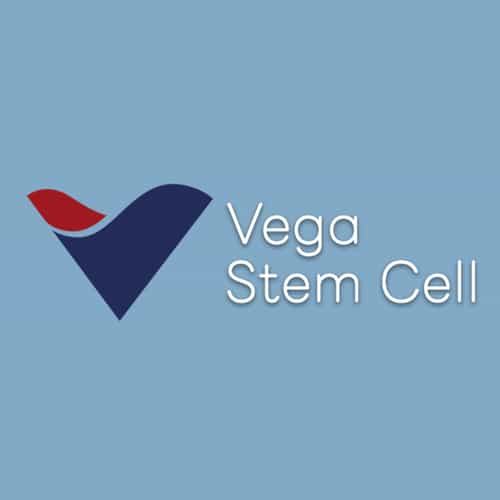
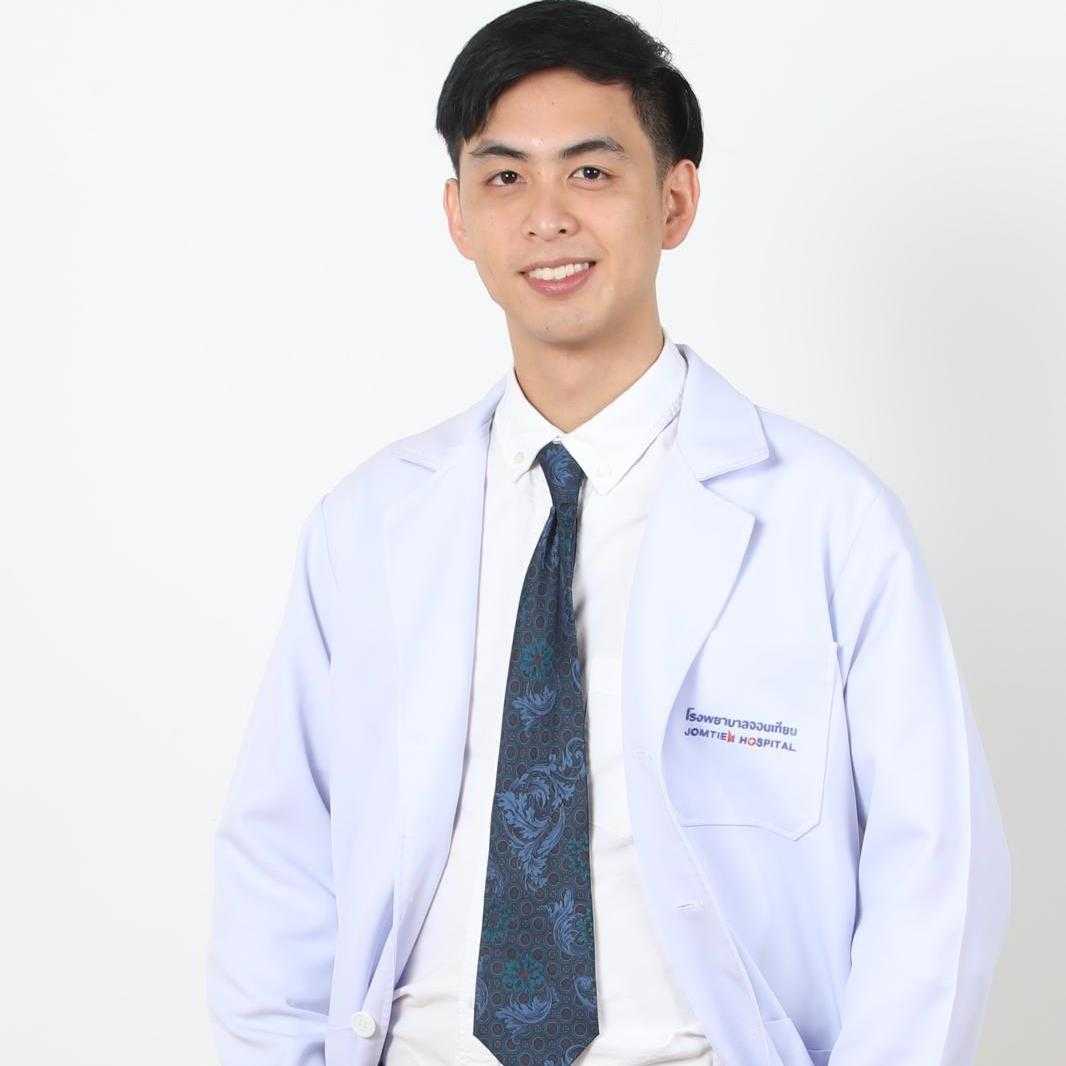
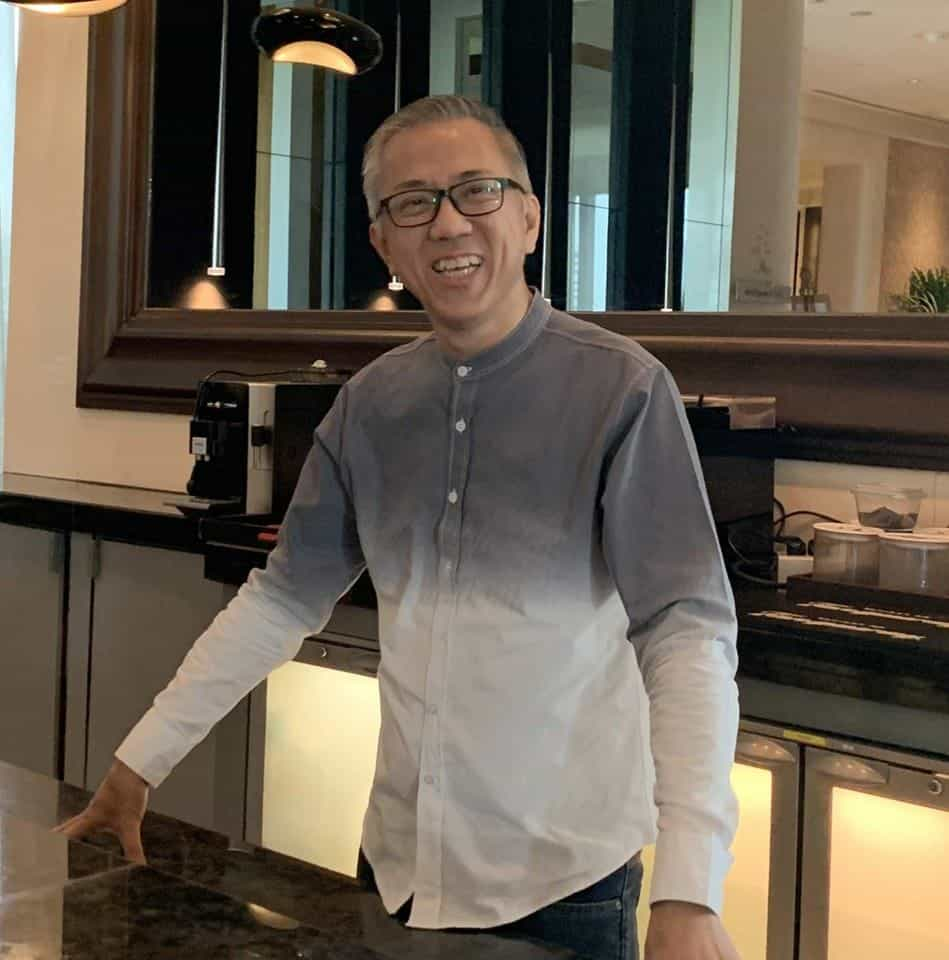
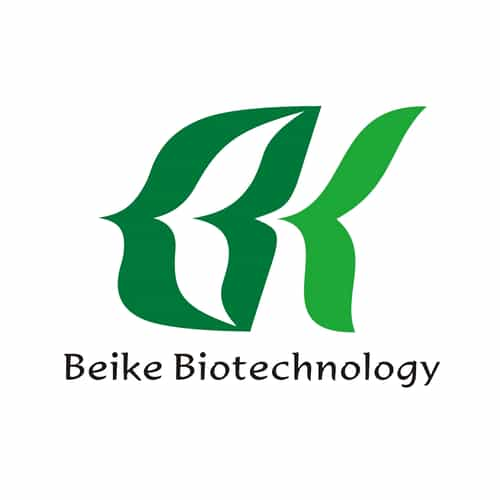
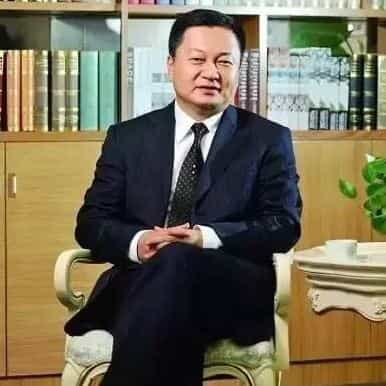
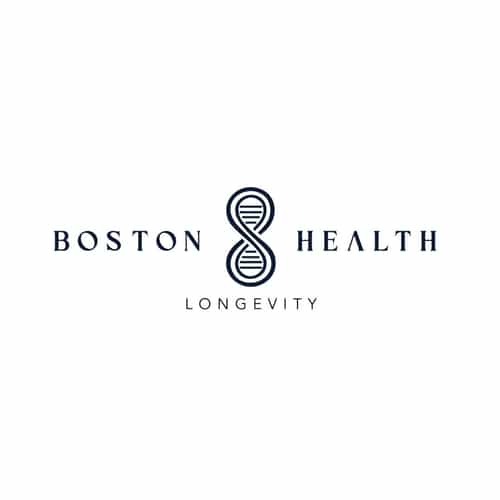
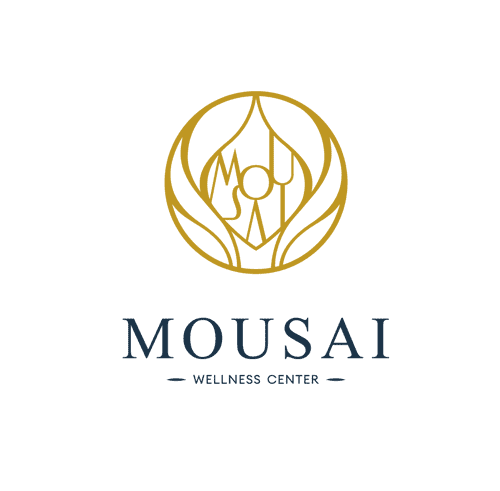
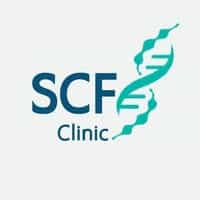
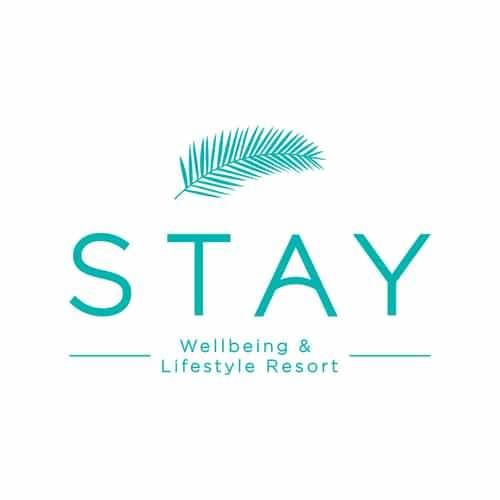
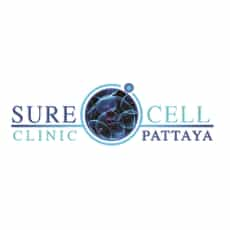
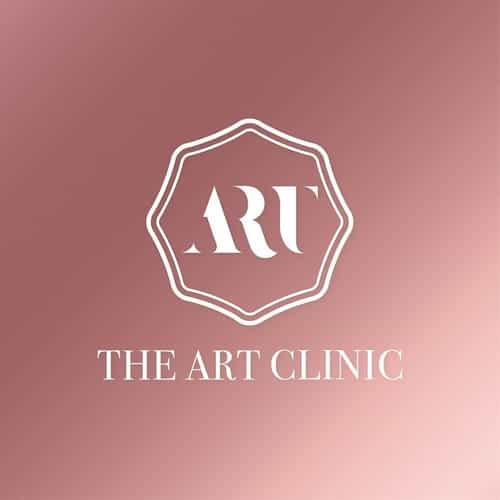


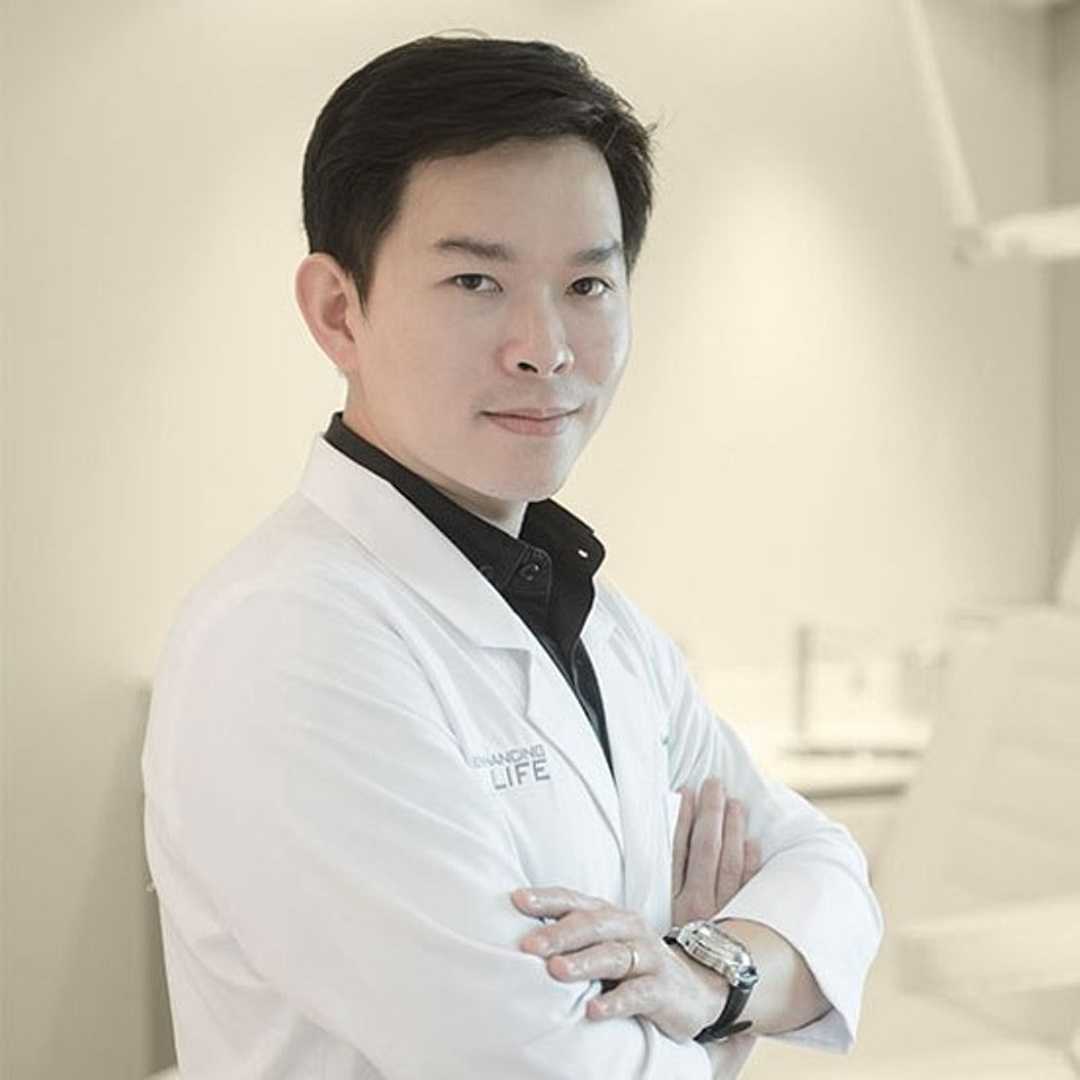
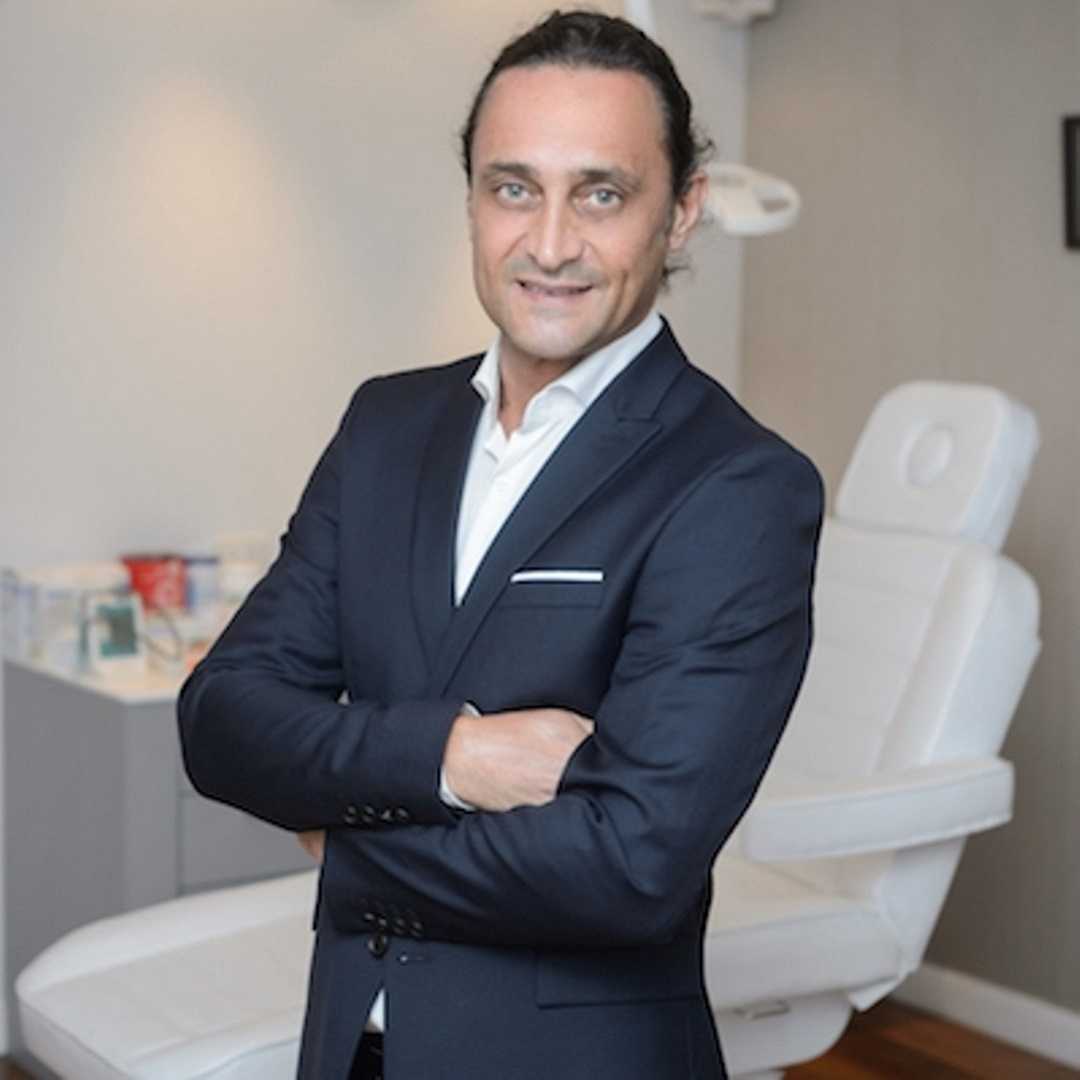

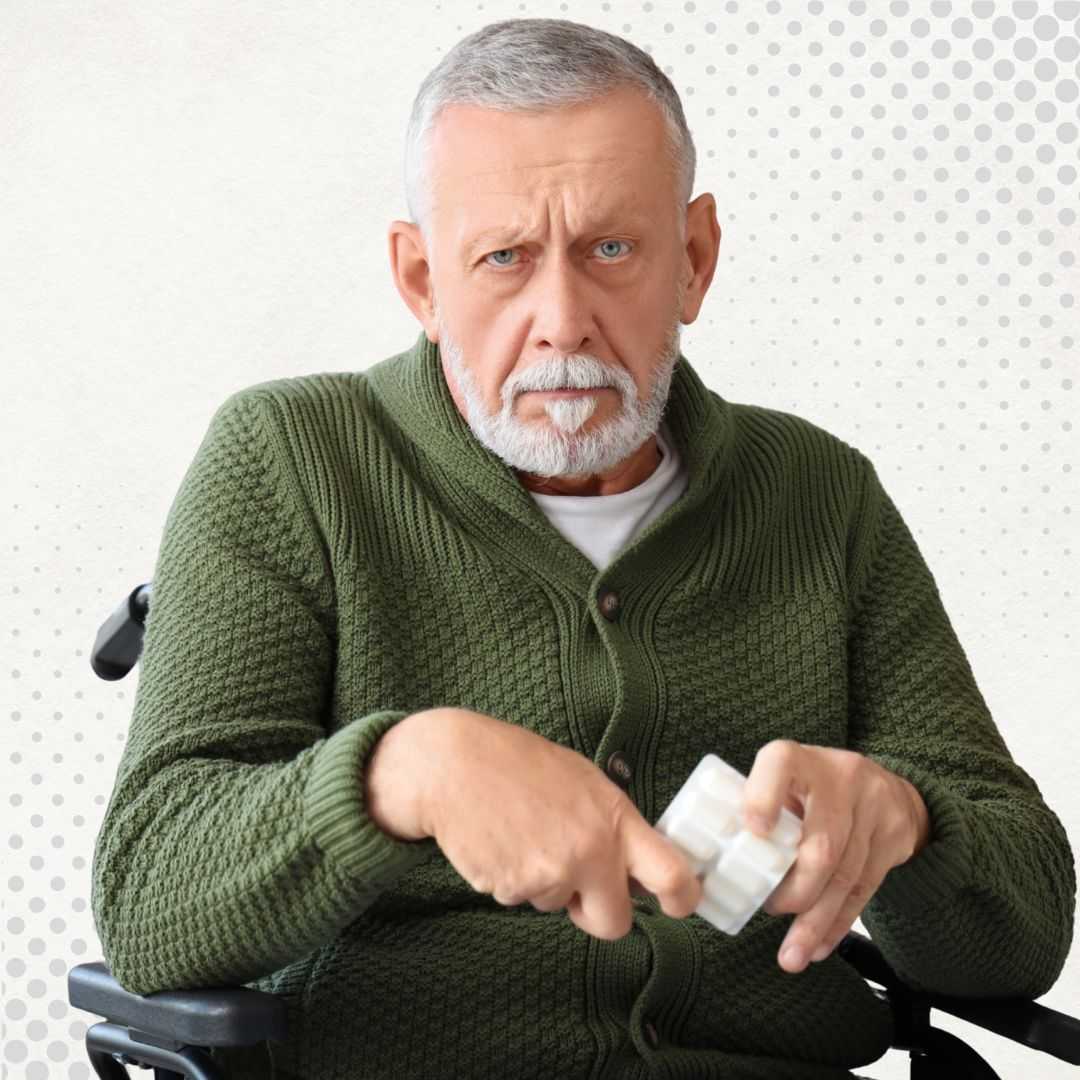
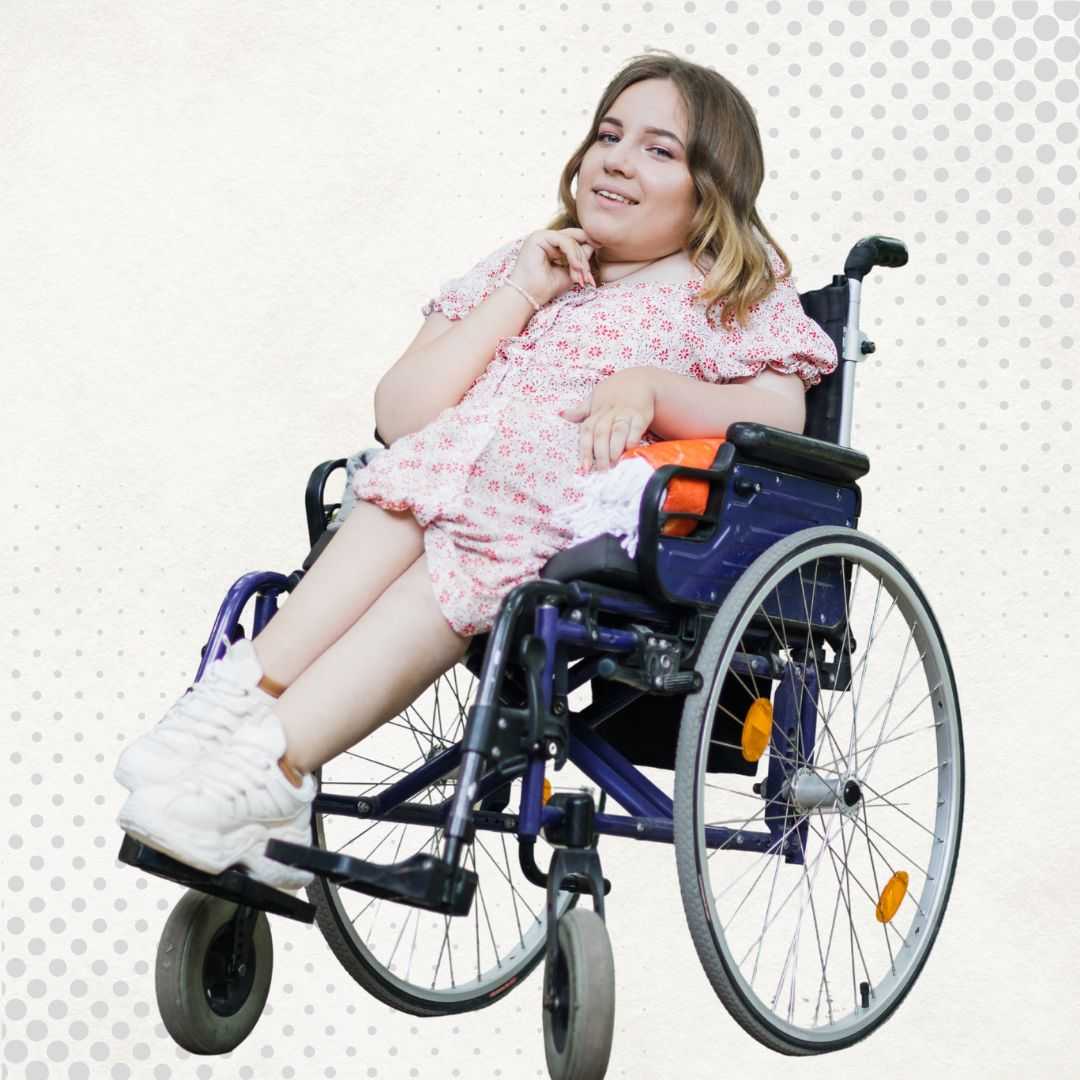
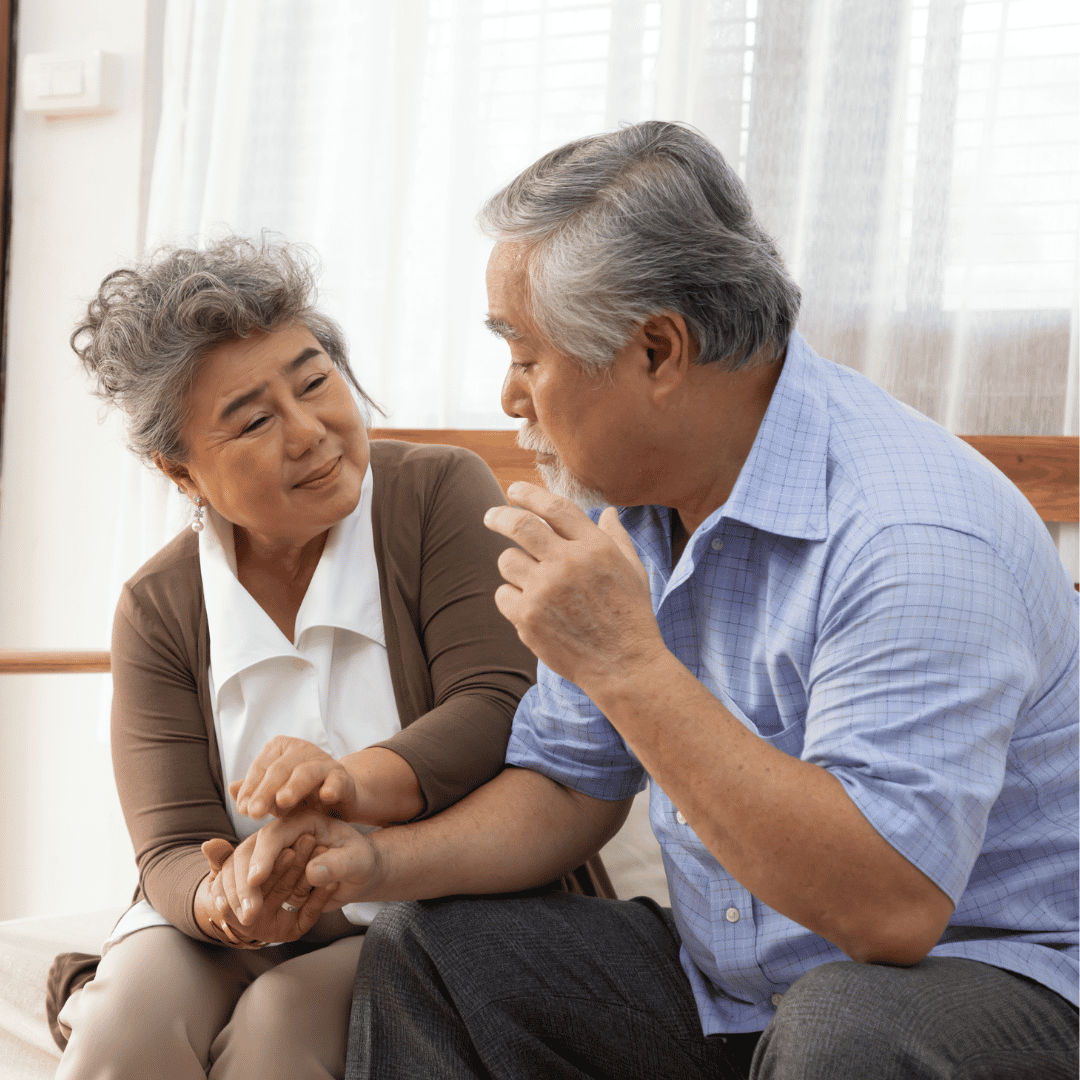
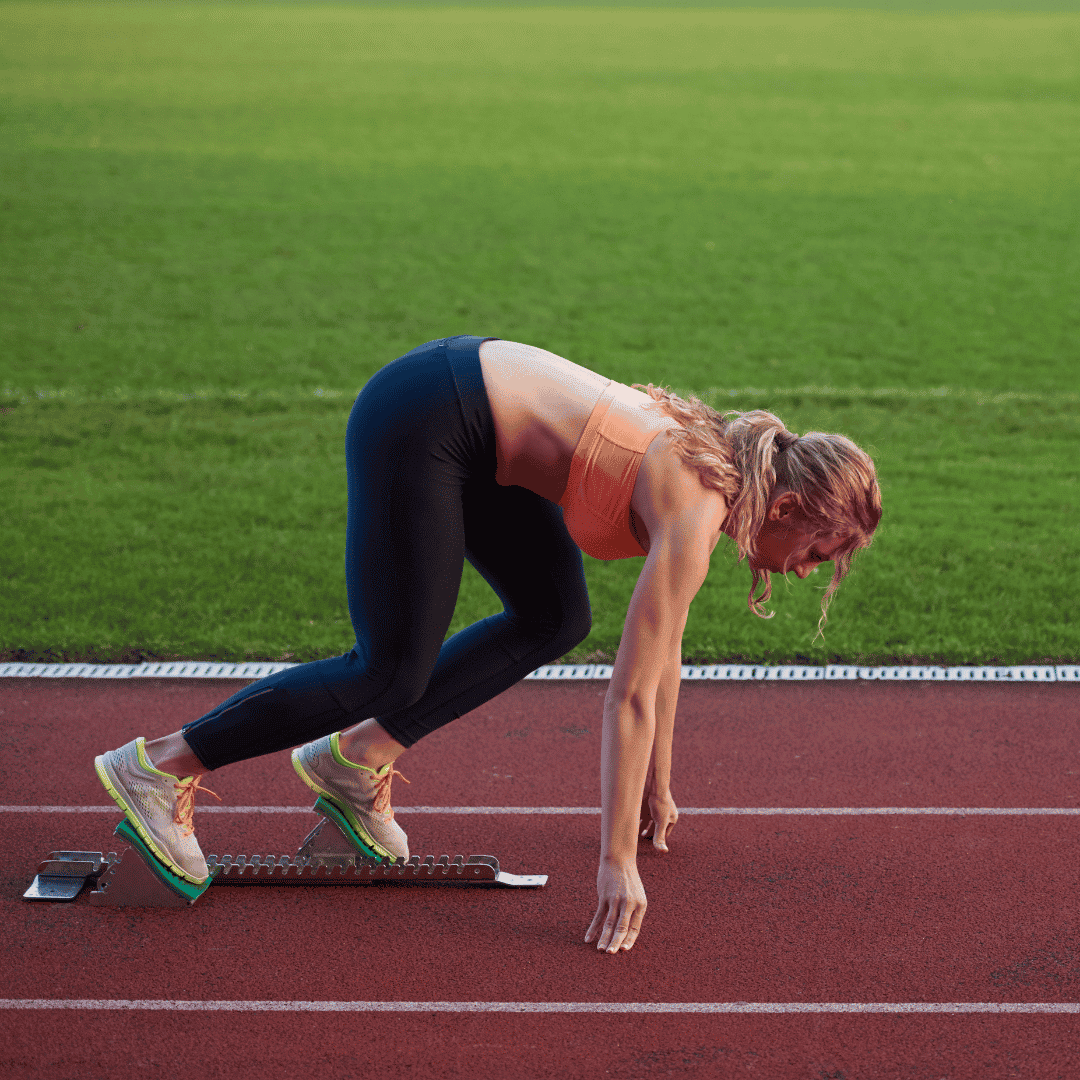
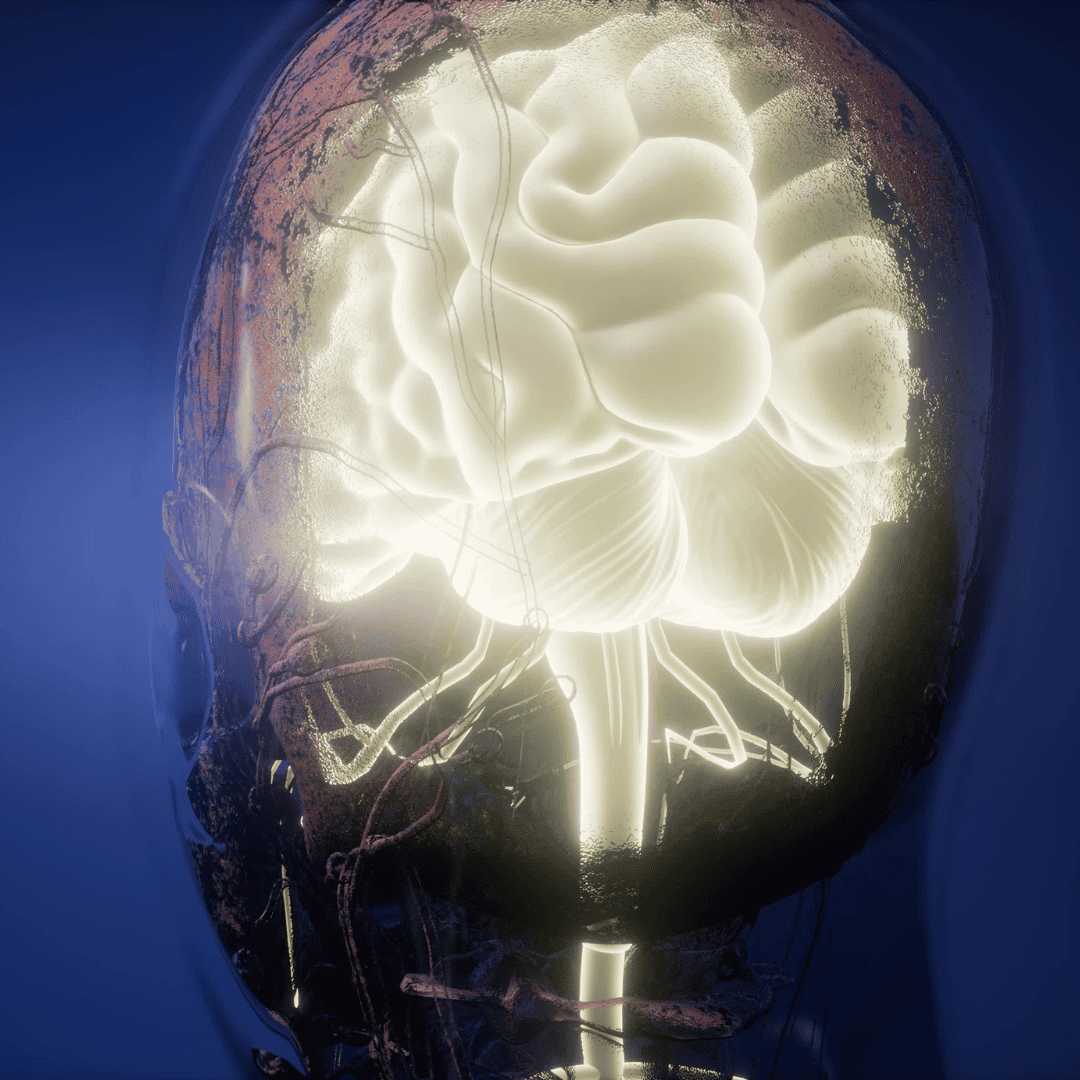
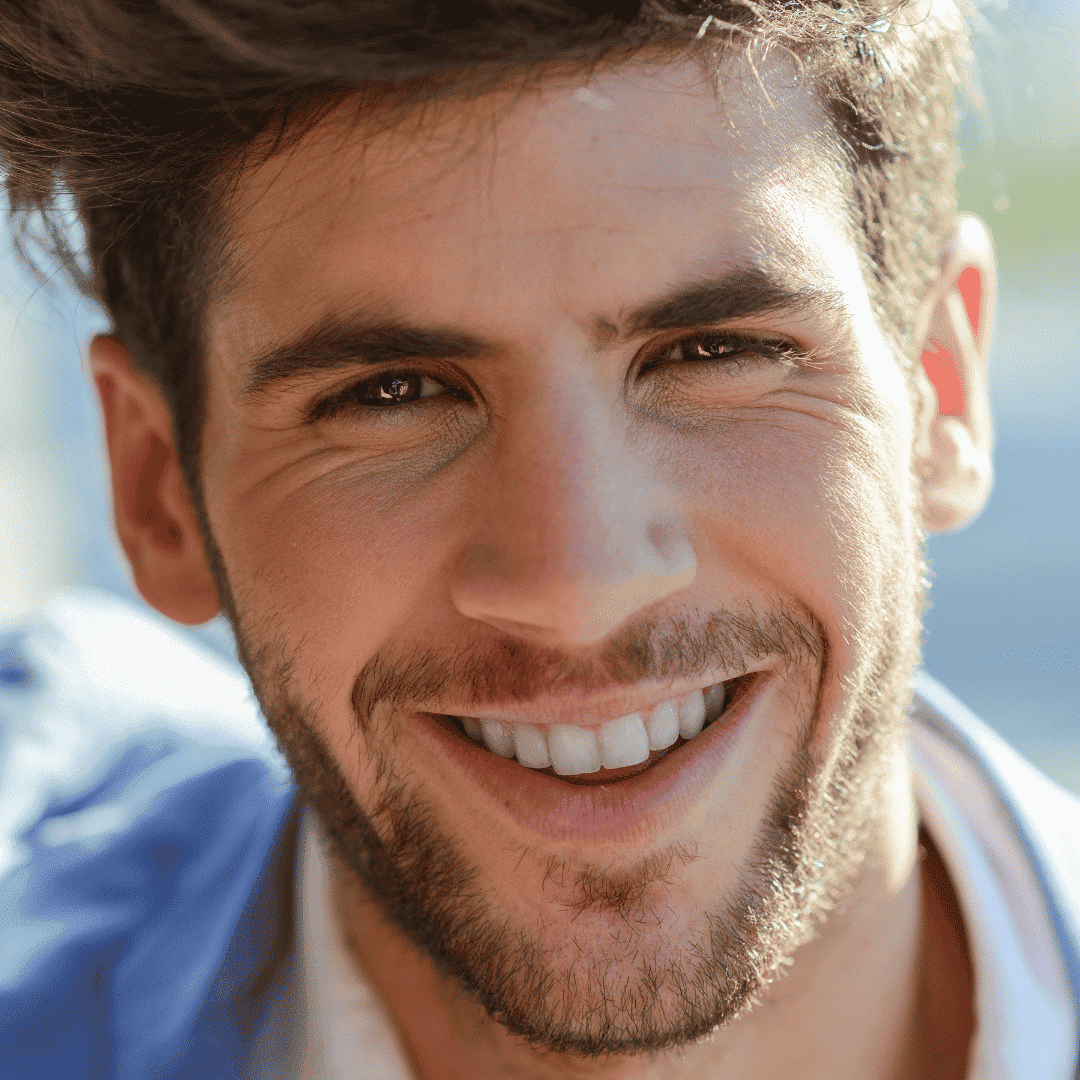
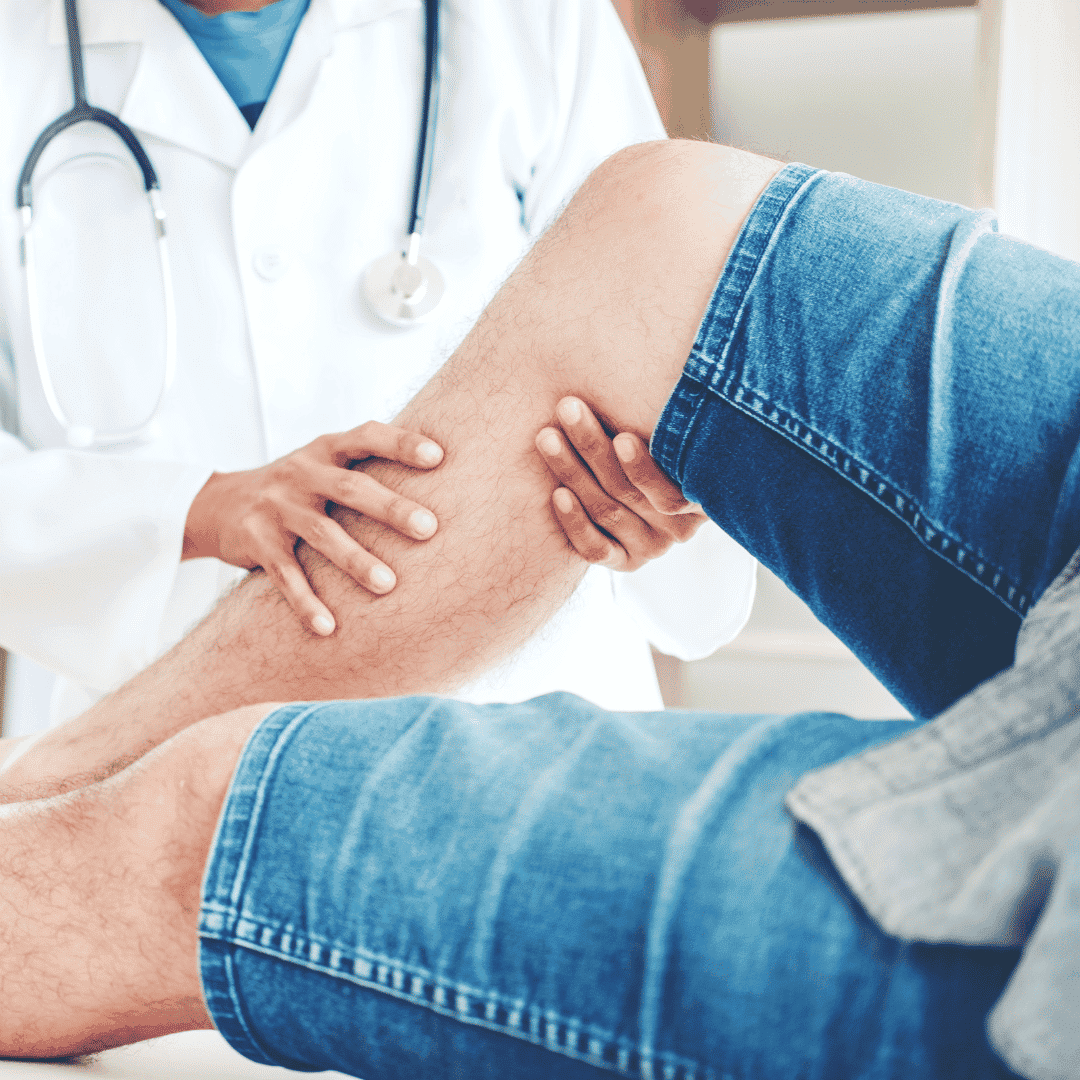

Read More